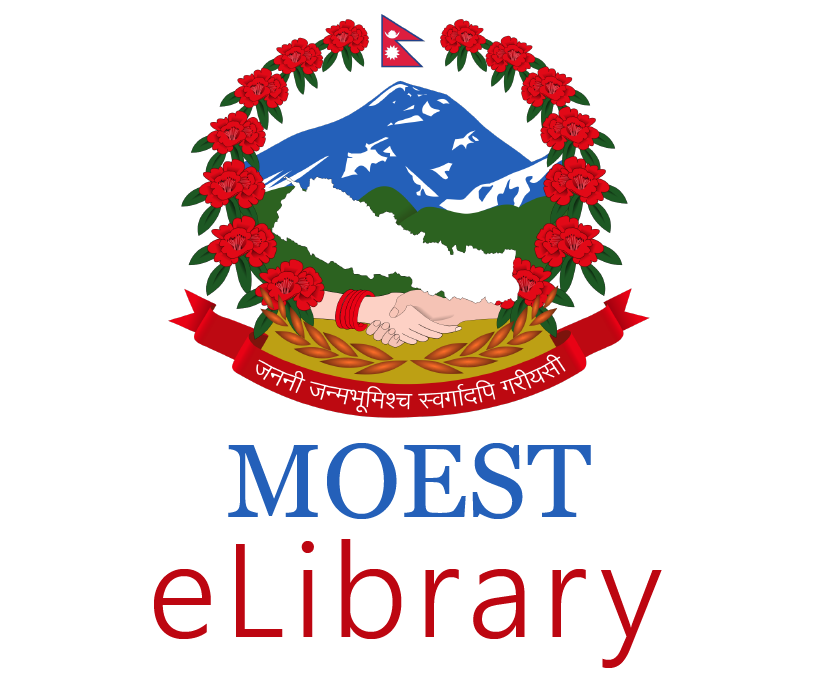Please use this identifier to cite or link to this item:
http://elibrary.moest.gov.np:8080/handle/123456789/357Full metadata record
| DC Field | Value | Language |
|---|---|---|
| dc.contributor.author | Subedi, Bhawani Shankar | - |
| dc.date.accessioned | 2025-05-17T06:23:21Z | - |
| dc.date.available | 2025-05-17T06:23:21Z | - |
| dc.date.issued | 2071 | - |
| dc.identifier.uri | http://elibrary.moest.gov.np:8080/handle/123456789/357 | - |
| dc.description.abstract | How can we build competitive economies by means of meaningful and relevant education and training ? Education and training are important means of human capital formation for economic growth. They are equally important means of inculcating social values. Our values and beliefs about education and training often inhibit us from realistic interpretation of needs and investments. It is now time for economic reform through human capital revolution, education revolution and skills revolution. All our efforts must gear towards increased equitable access and relevance of education and training for youths and adults leading to economically gainful employment or selfemployment. Socio-economic analyses of populations require special attention not only to formal education but also to factors such as the role of parenting and on-the-job training. Skills matter, and training-job relevance matters more than ever before. Most training interventions fail primarily due to what employers expect from the workers and what they are trained for. These aspects are simply ignored by conventional education as traditional measures of human capital formation. Thus, meaningful education and relevant skills are the pressing needs in Nepal, in South Asia and elsewhere | en_US |
| dc.language.iso | en | en_US |
| dc.publisher | शैक्षिक जनशक्ति विकास केन्द्र | en_US |
| dc.relation.ispartofseries | Teacher Education; | - |
| dc.subject | Skills Revolution | en_US |
| dc.subject | Education-Nepal | en_US |
| dc.title | Relevance of Skills Revolution in Education and Training | en_US |
| dc.type | Article | en_US |
| Appears in Collections: | लेखहरु ( Articles) | |
Files in This Item:
| File | Description | Size | Format | |
|---|---|---|---|---|
| Relevance of Skills Revolution in Education and.pdf | 177.97 kB | Adobe PDF | View/Open |
Items in DSpace are protected by copyright, with all rights reserved, unless otherwise indicated.
